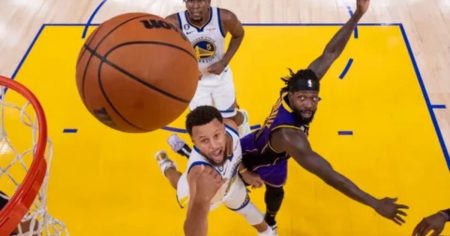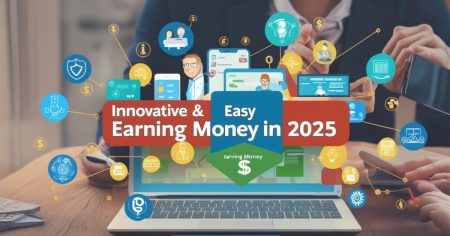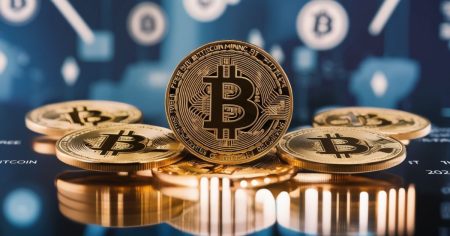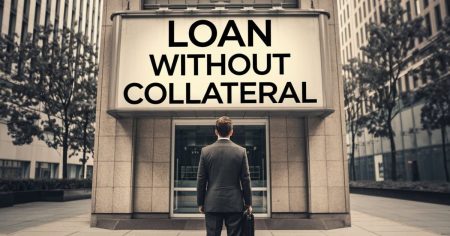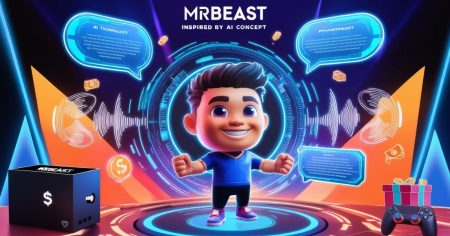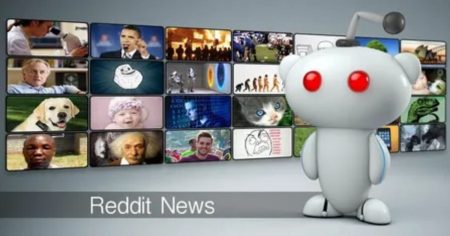Musk issues with Apple, recently came under fire after a private meeting with Chinese company’s chief executive, Li Xufeng. During the discussion, Xufeng asked that Tesla be made to change its name so as to avoid “the possibility of lawsuits.” In an interview with Yahoo News, Musk said, ” “He was telling me, “Look, we have two choices: One is to sue you and require evidence of our bad faith due to your actions. I was like, OK, let’s not do this.
We’re not going to sue people who are selling our cars for 10 to 20,000 or more. So there’s no reason to put ourselves in a situation where we have to defend ourselves.” This prompted some speculation within the tech industry as to whether Xufeng would follow through, which is why many wondered if he might ask his employees to sign non-disclosure agreements. But there was another big question. Will Apple join Musk’s lawsuit? The answer is, unfortunately, yes, but it looks unlikely.
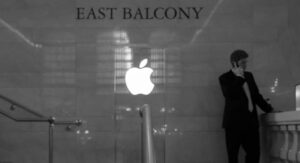
Musk issues with Apple
Apple has been steadily building up over time, creating a brand that is both unique in its own way as well as one of the most recognizable consumer brands in existence. Unlike other businesses that take advantage of consumers’ personal information like Facebook or Google (which can have major legal issues), Apple doesn’t make any decisions based on your data whatsoever. For all intents and purposes, the only way you can contact Apple is by contacting their customer service by phone.
That makes them incredibly protected from being sued for violating privacy laws, which also means your credit card information isn’t sold to third parties that may try to steal your payment history, making Musk issues with Apple much safer than you might think. One thing that really sets Apple apart from other companies is how easy it is to get into.
There is no application process at all. Most applications require you to fill out a basic form (i.e., address and email) before they will touch you, while others will request certain information for verification before allowing you to create an account. However, since Apple does allow you to register accounts via SMS message, you can get started right away.
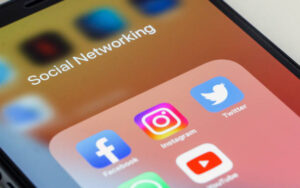
If you aren’t registered yet, you can go directly to apple.com/register, which takes just a few minutes, and provides you with a set of steps to complete. Once you get logged in, the next step is going to be signing up for iCloud, which gives you access to all your saved photos and music on Apple devices, including iPhones, iPads, Macs, Apple Watches and etc. While all these features have traditionally only been available to iPhone owners, several new iPhones have supported iOS 15, making it easier than ever to subscribe to services like Spotify and Netflix, among others.
Even though iTunes still requires you to download music to your computer, you can now buy individual albums for $15 or more with the release of the iPad Pro 7 and the latest fourth generation iMac computers, effectively making iPods obsolete. It isn’t exactly clear how Musk issues with Apple is able to keep such ease of use despite the growing number of users.
Perhaps the only explanation is in terms of Apple’s operating system: iOS. While Apple has a whole range of apps and games that run across every device available, the OS itself is very small and easy to understand to anyone who has used anything other than the iPhone since 2012.
If you want to play Fornite on your iPod Touch, you need to download the game app first. As mentioned previously, iTunes is limited when compared to Android systems, which results in limitations to using popular streaming sites for free; however, the App Store is a little less restricted.
You won’t find the kind of restrictions seen on Windows PCs, for example. With such a thin-but-powerful OS, even some of the worst offenders can be easily beaten without compromising on the user experience. If the price of an entry level iPhone is a bit higher than comparable Apple products, then you can clearly see the impact that this affects them.
Why is Elon Musk issues with Apple?
With the recent controversy around Tesla car manufacturing plans, there has been a lot of attention to what could happen if those plans come to fruition and what kind of consequences would ensue. Many fans of Tesla have pointed out that the company has long had aggressive environmental practices and is known for charging high prices that don’t reflect the quality of vehicles themselves. According to multiple reports, though, this isn’t true.
A series of videos from 2014, 2015 and 2016 shows Tesla actually having good energy efficiency and uses fewer resources than Musk issues with Apple. The video below explains a bit more: Tesla has also begun investing heavily and expanding its network of suppliers in recent years. While it’s difficult to track precisely how far this expansion has gone, according to Business Insider, the electric vehicle pioneer has hired 8 different contractors since 2013 and says it’s continuing to grow its partnerships. Of course, each investment may help in improving efficiency, but for the sake of simplicity, it can be summarized that Tesla and its partners are working toward bettering battery performance and reducing reliance on fossil fuels.

There was talk in 2017 and 2018 that Musk issues with Apple could potentially acquire Tesla. Rumors of such a deal began circling back in 2019 with Apple insiders suggesting that the Cupertino giant would make a decision on such a transaction within the next year or so. Then again, as late as February 2022, the rumors continued into March, 2021 with news leaks coming in on Apple’s possible intentions,
Followed by comments from the head of the board of directors of Musk issues with Apple in May of last year. Shortly shortly thereafter in June of last year, Bloomberg reported that Musk issues with Apple is planning on purchasing Tesla Motors. However, while there seems to be no official announcement as of this writing, rumors and statements from inside sources suggest that the deal hasn’t reached the stage that Apple wants it to reach.
What is the issue between Apple and Twitter?

Apple’s new M1 processor in Macs has revolutionized the relationship between software developers, hardware manufacturers, and consumers, resulting in a shift in the kinds of applications that run across the entire spectrum of Apple devices. To date, Apple has worked with Intel for the best part of four years in order to develop x86 processors—and they’re becoming increasingly dominant. Meanwhile, Samsung and Qualcomm are pushing out new technologies and chipsets to dominate mobile gaming.
Both companies have already purchased Arm processors and, if implemented, would significantly change the future of computing. These shifts ultimately result in larger numbers of smartphones with ARM-powered silicon, leading to increased competition for companies like Musk issues with Apple on the market, forcing competitors like Microsoft to find ways around its dominance.
Despite the fact that Apple is currently enjoying this growth without breaking out of its current model, the introduction of additional changes in technology is likely to bring the company closer to achieving the kind of status it once desired. Should Apple decide to accept those chances and push ahead with integrating Apple silicon into existing parts, however—then we’ll probably see something along similar lines.
Will iOS 15 affect social media?
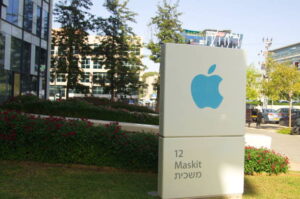
In addition, Musk issues with Apple newest update involves Safari web browser, which is expected to launch later this year. On top of the aforementioned integration, Safari’s integration with Apple Watch makes it easier to control your health, the weather, home security and everything else that comes down to your daily routine. Unfortunately, though, unlike Chrome’s Web browser, Safari is not getting updated in accordance with version 16, Apple’s code.
All browsers that work with Safari must be upgraded on their platform, in order to continue functioning, leaving millions of users wondering what the issue will be next year. As Apple rolls out updates to its browser, many individuals will have to wait until 2024 or 2025 in order to benefit from the improved functionality. Until then, they’re left to deal with the same old problems, hoping for something better someday.



